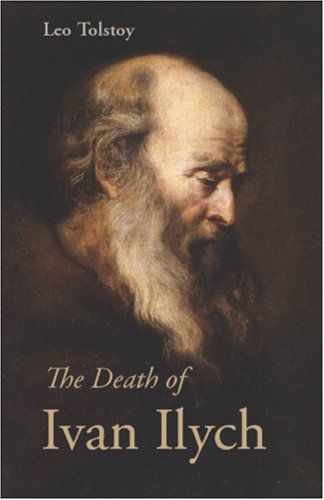
The Death of Ivan Ilyich
By the time he dies, Ivan Ilych has come to understand the worthlessness of his life. Paradoxically, this elevates him above the common man, who avoids the reality of death and the effort it takes to make life worthwhile. In Tolstoy's own words, "Ivan Ilyich's life had been . . . most ordinary and therefore most terrible." Newly designed and typeset in a modern 5.5-by-8.5-inch format by Waking Lion Press.
Reviews
kc!@kaseytiffany
Iara Ferreira Figueira@theworstpersonintheworld
mimi nguyen@nakedguacamole
yasmin ribeiro@yasmin
el.@mashamellow
Mirror@mirroaror
Shidehdeishidi@shideh
Christian Bager Bach Houmann@cbbh
Wassim@missaw
Victoria @redheadarling
Ksenija @ksenksen
jack@statebirds
sophie <3@chatnoirreads
Archiell@archielll
Benedict Neo@benedict
jennifer @booksvirgo
Andrew John Kinney@numidica
Rohit Arondekar@rohitarondekar
Shay@vallisje
lena@leasy
Hellboy TCR@hellboytcr009
Emilia @emiliak
Heather Anne@heatherannewithane
Celeste Richardson@cecereadsandsings
Highlights
a@literaury